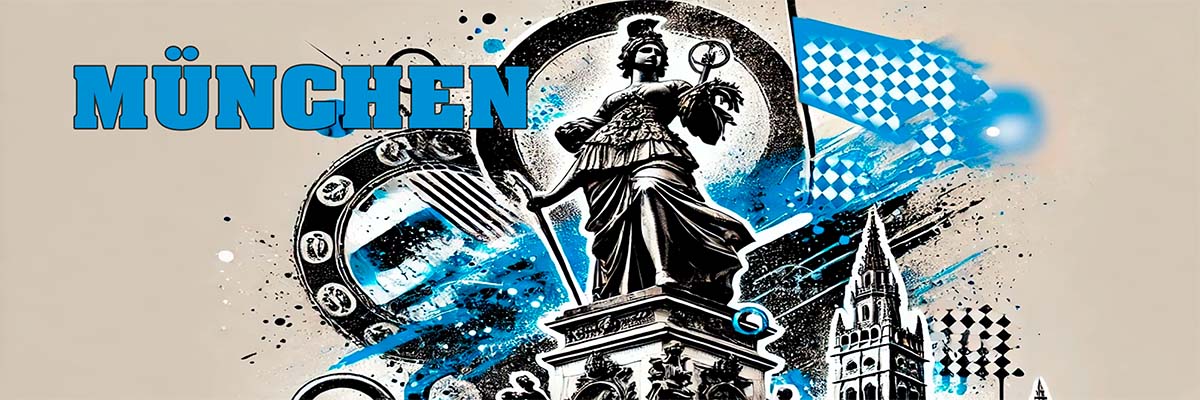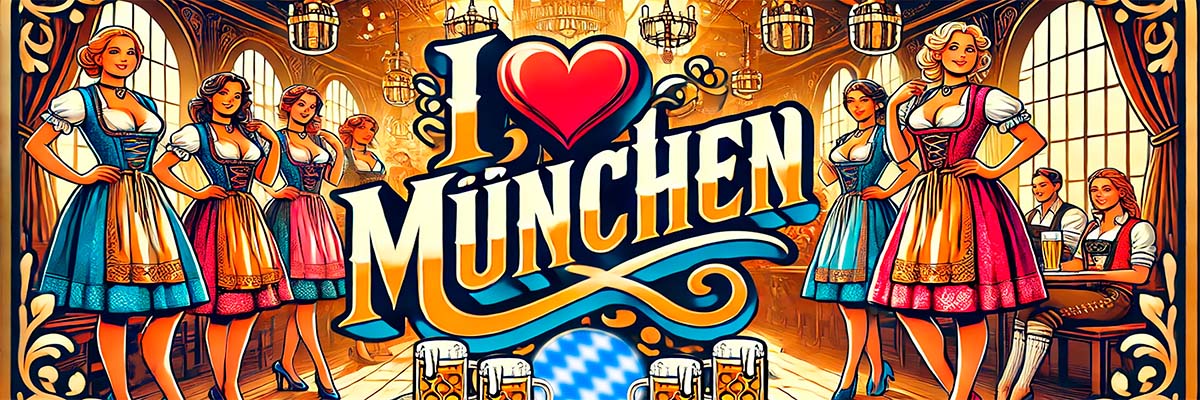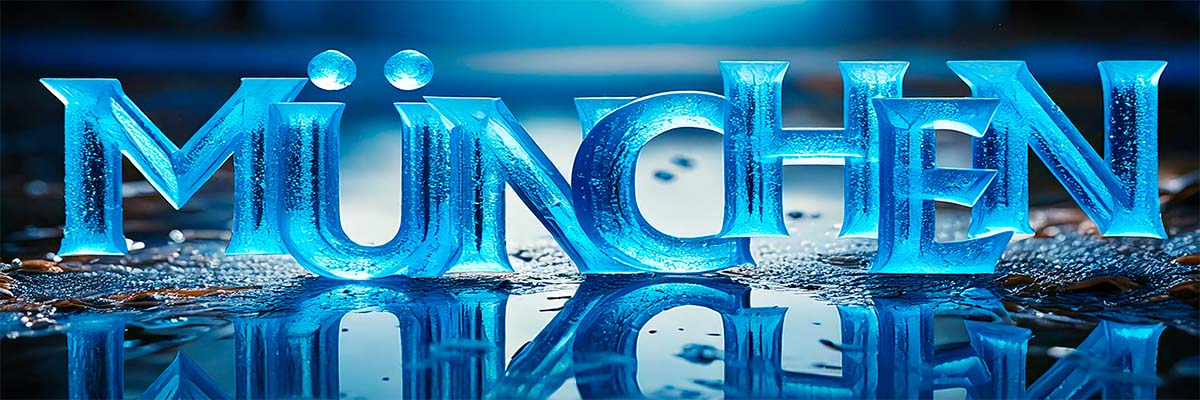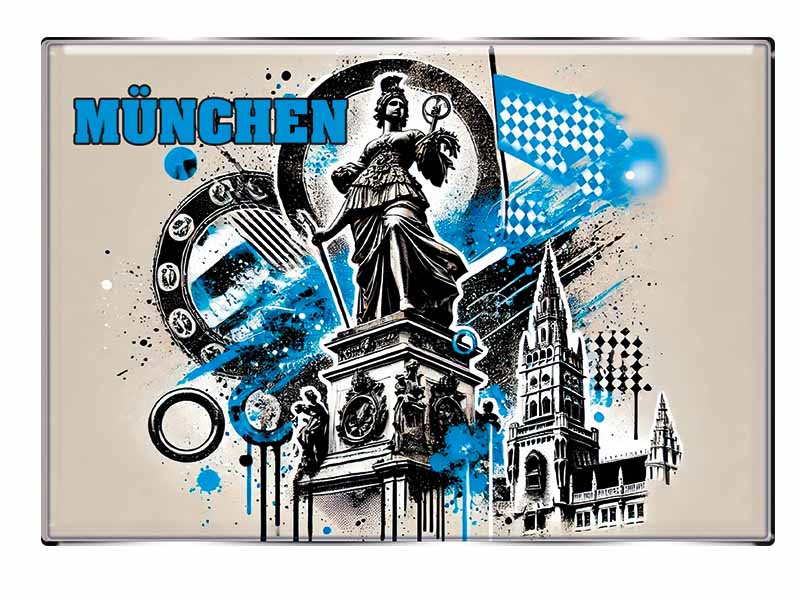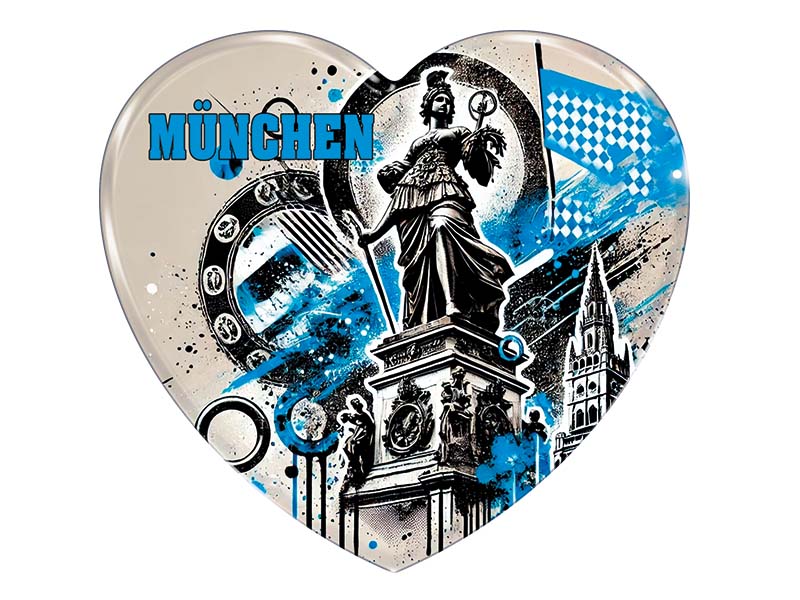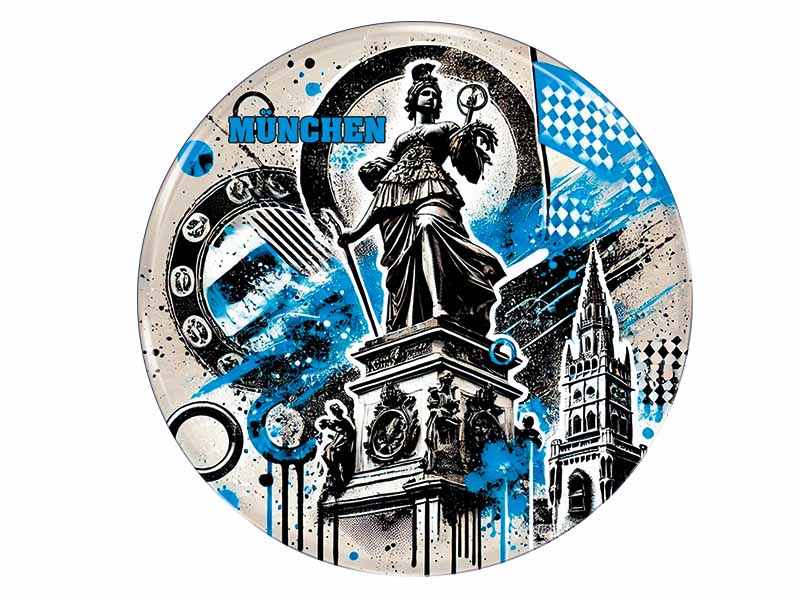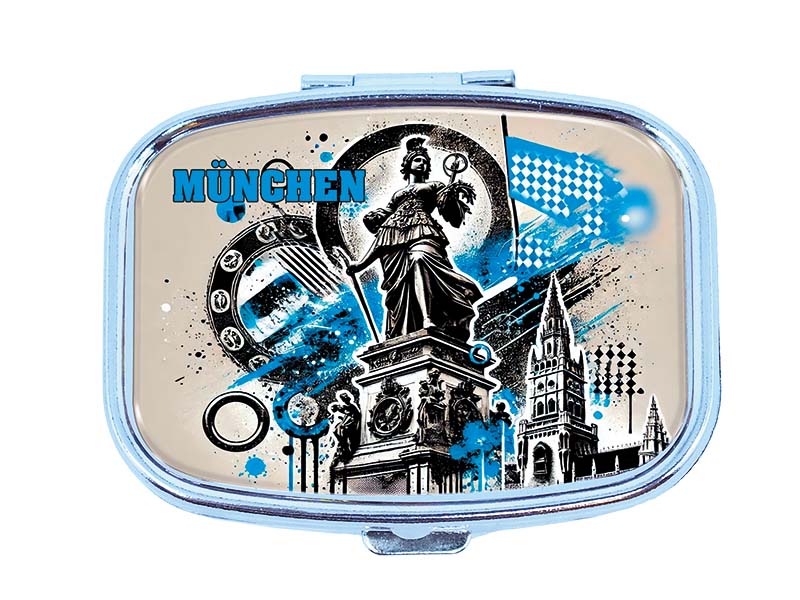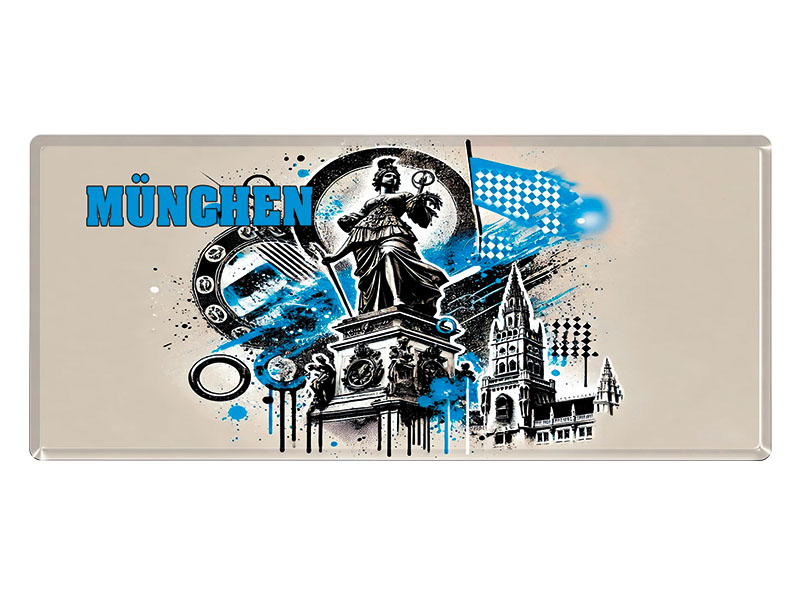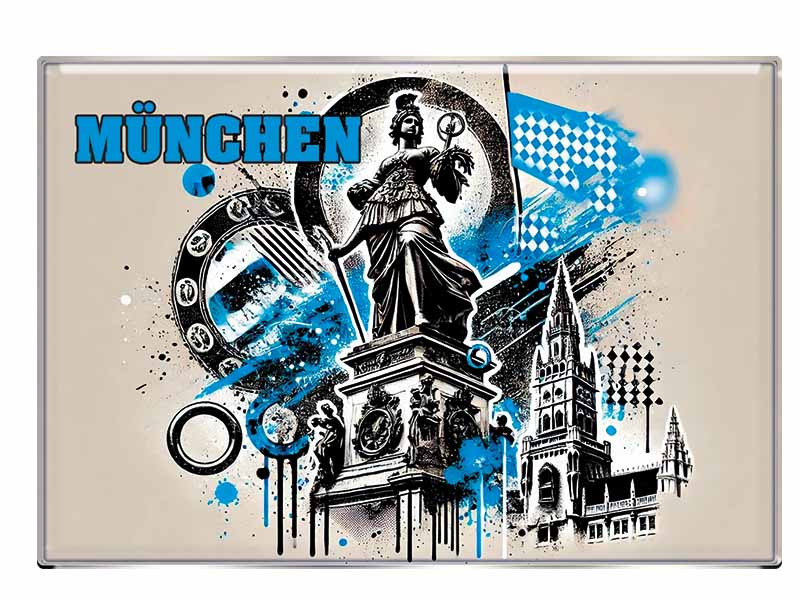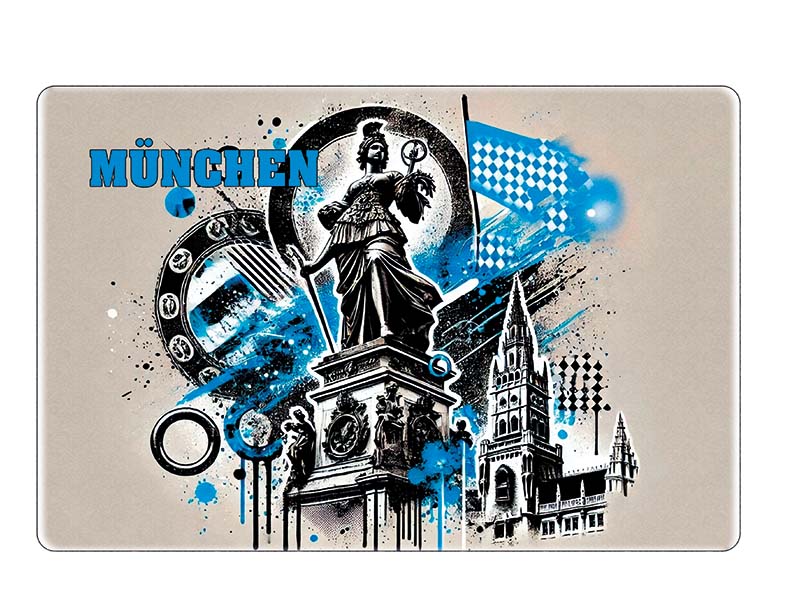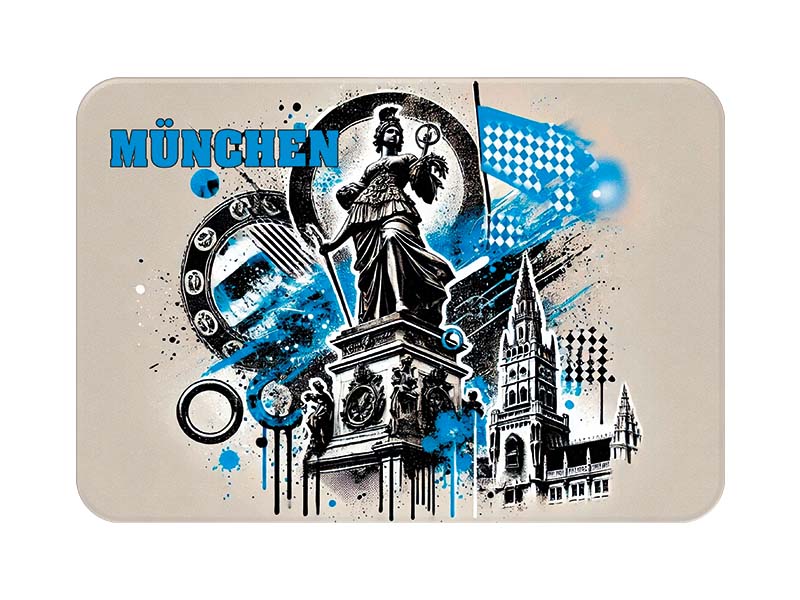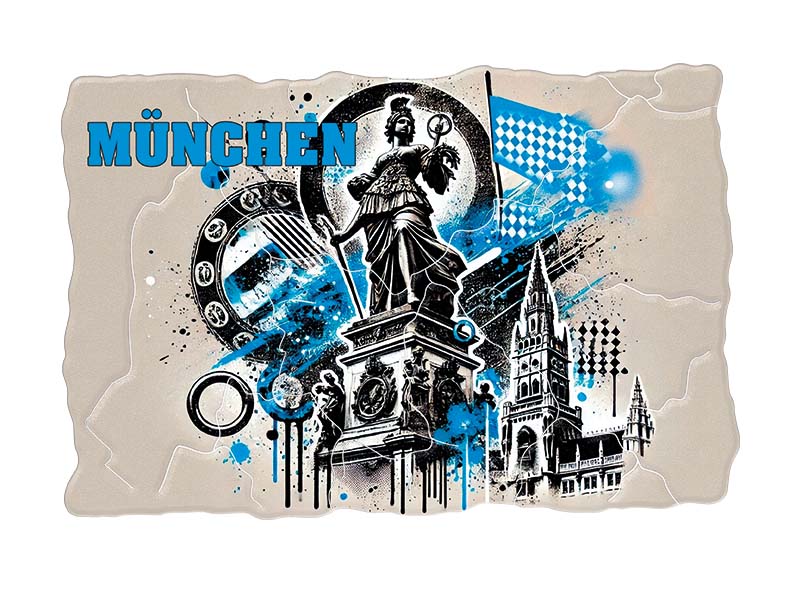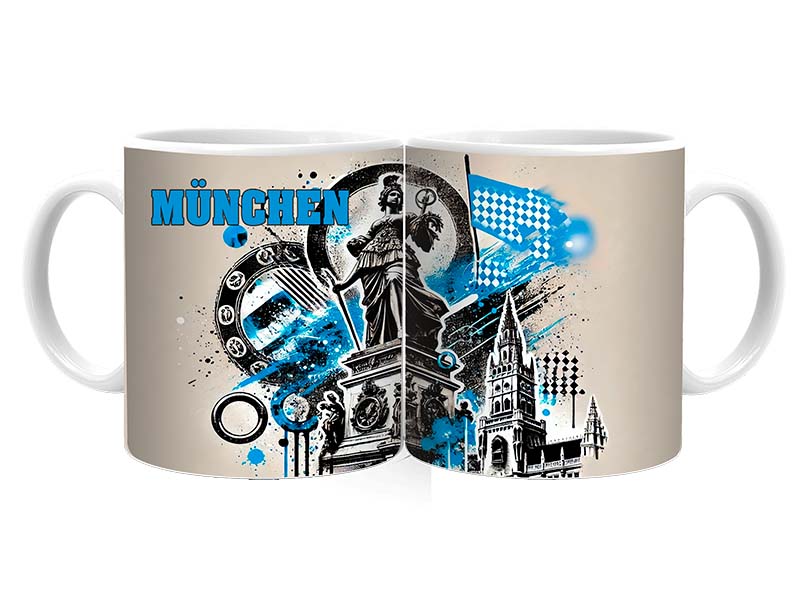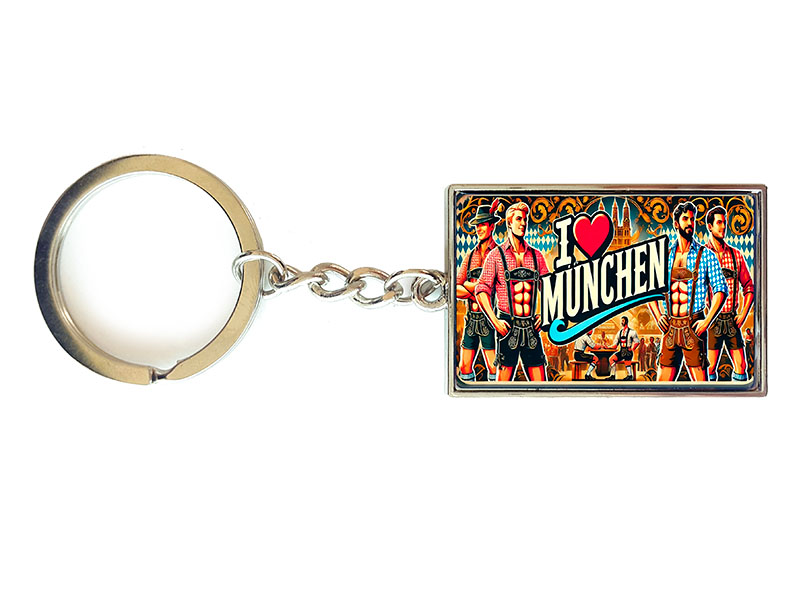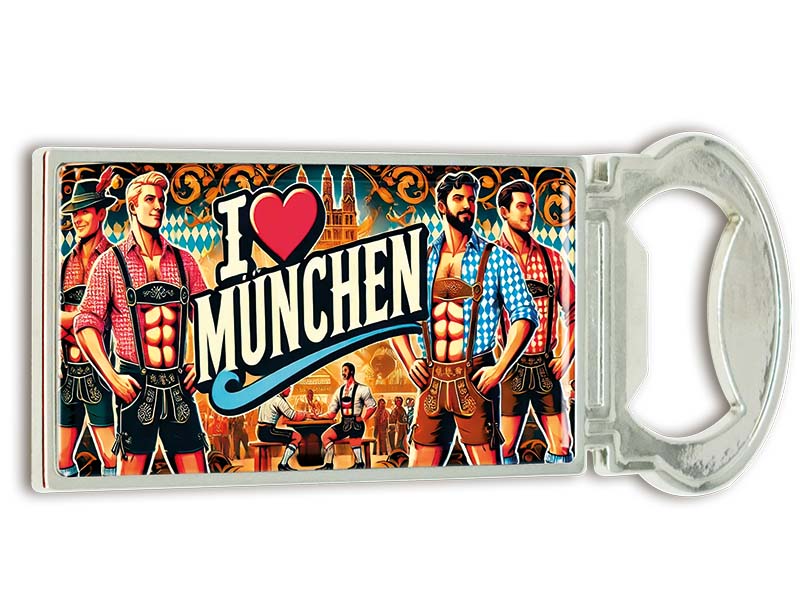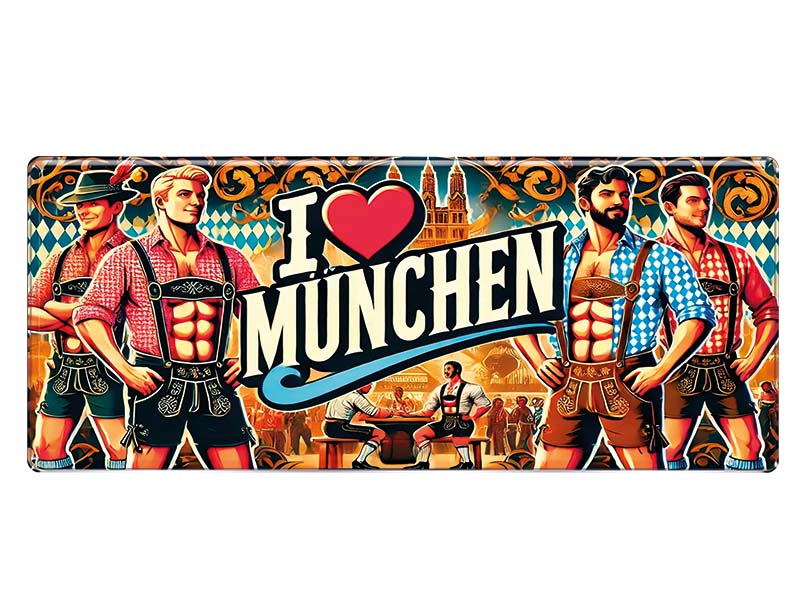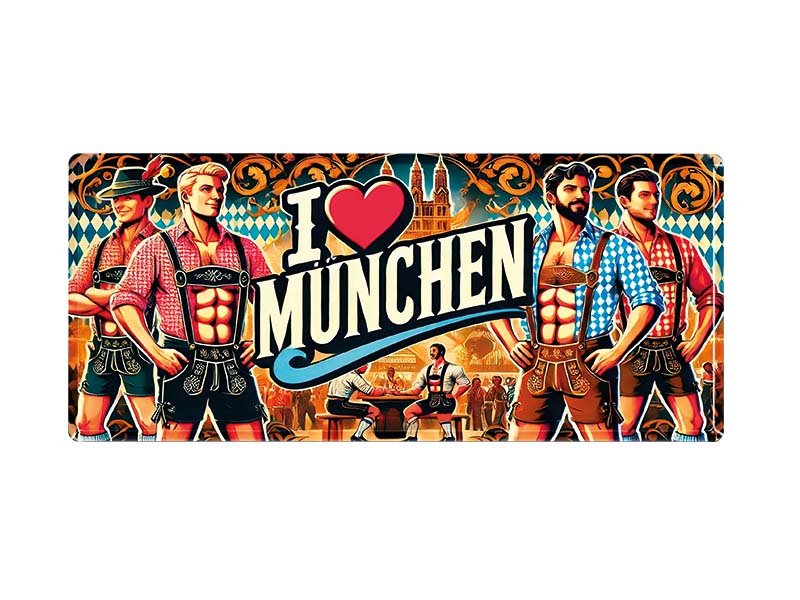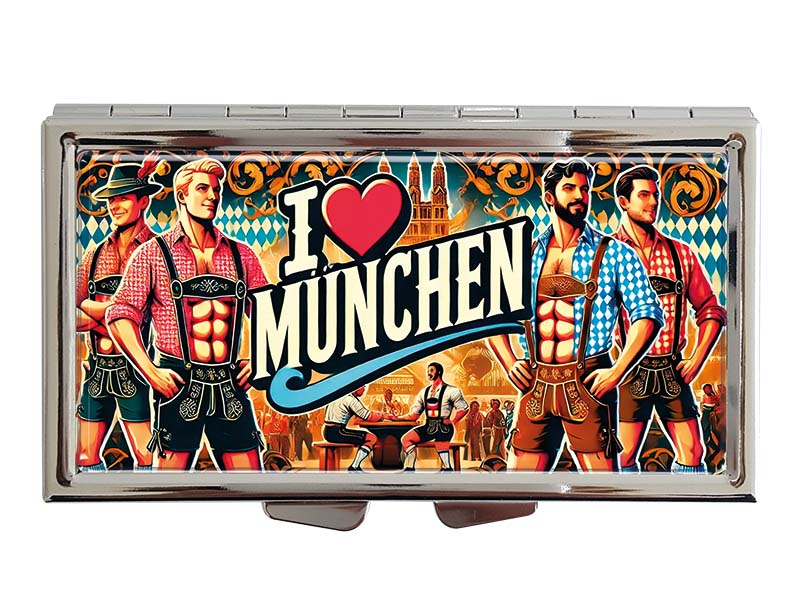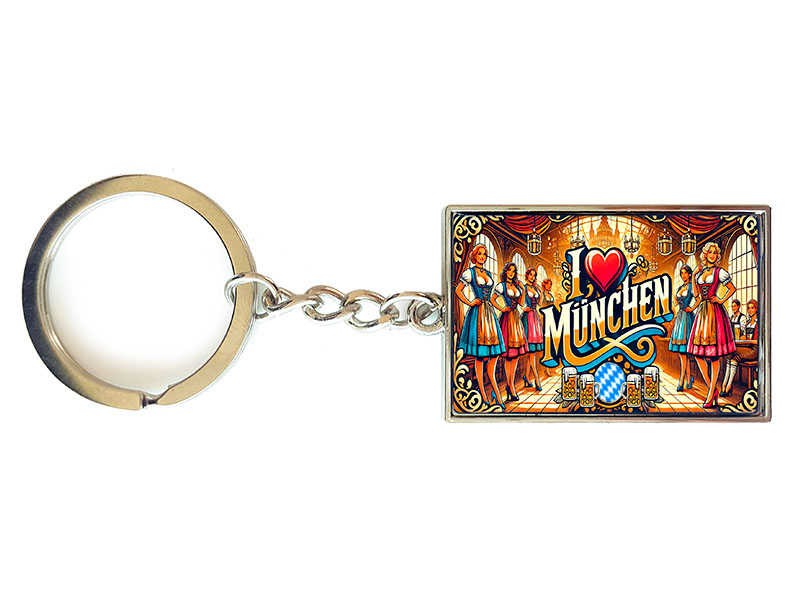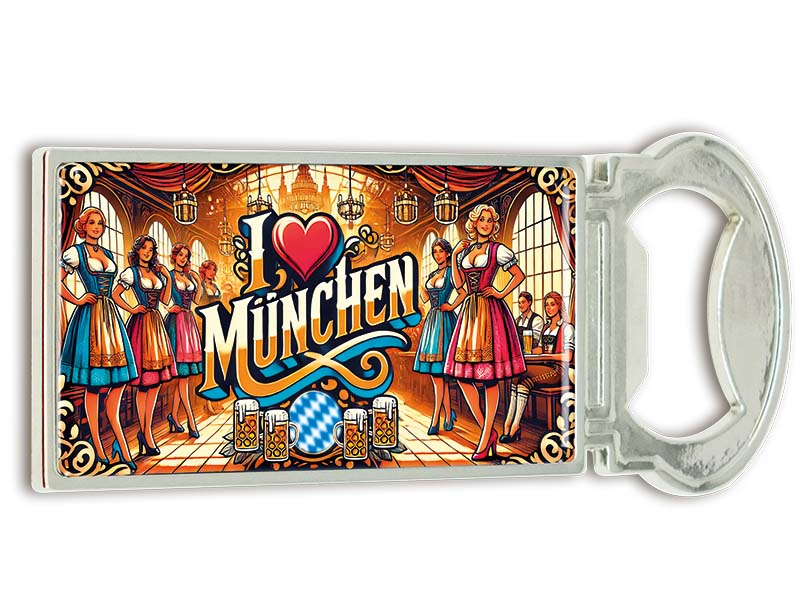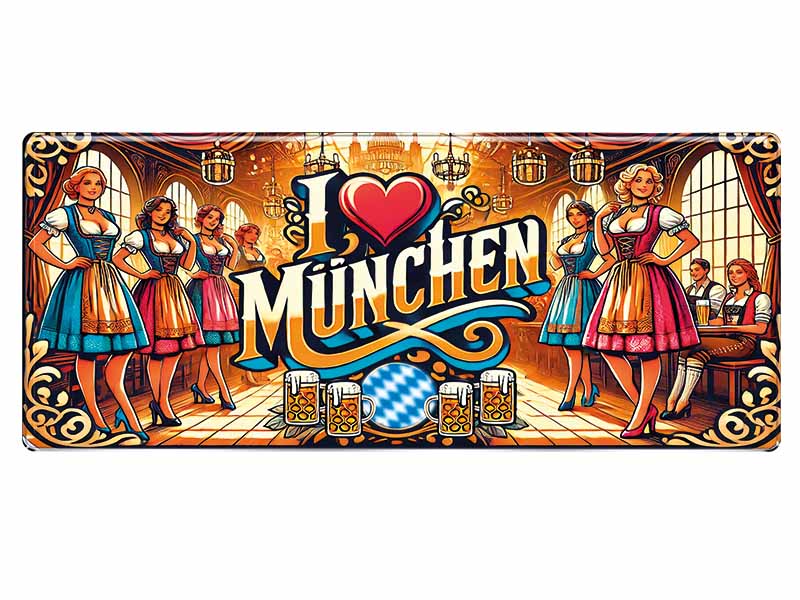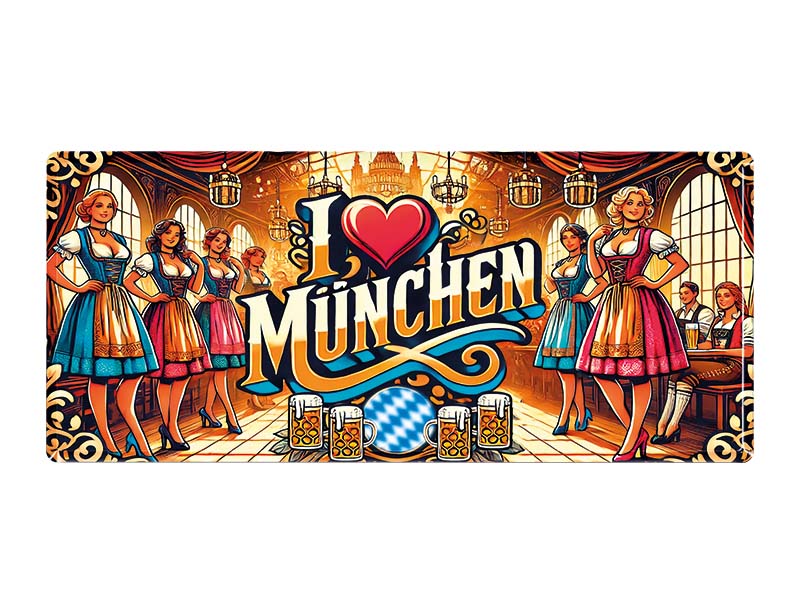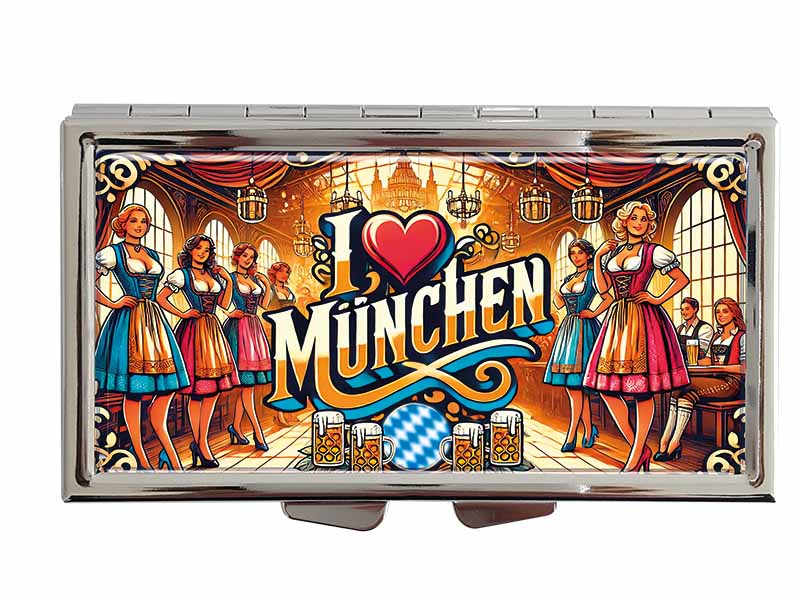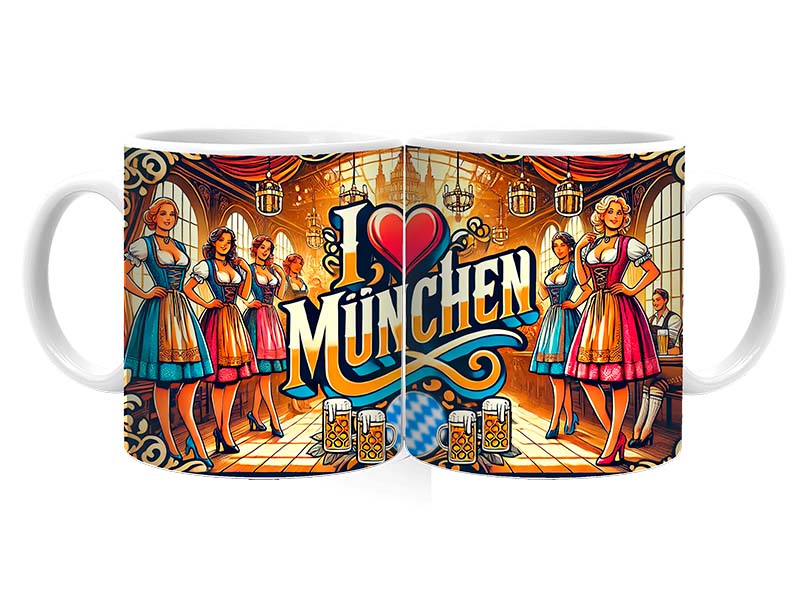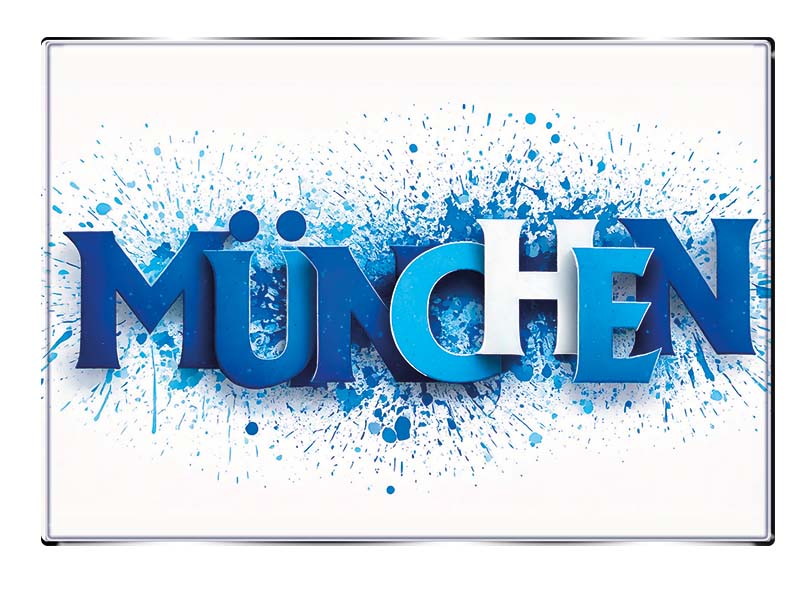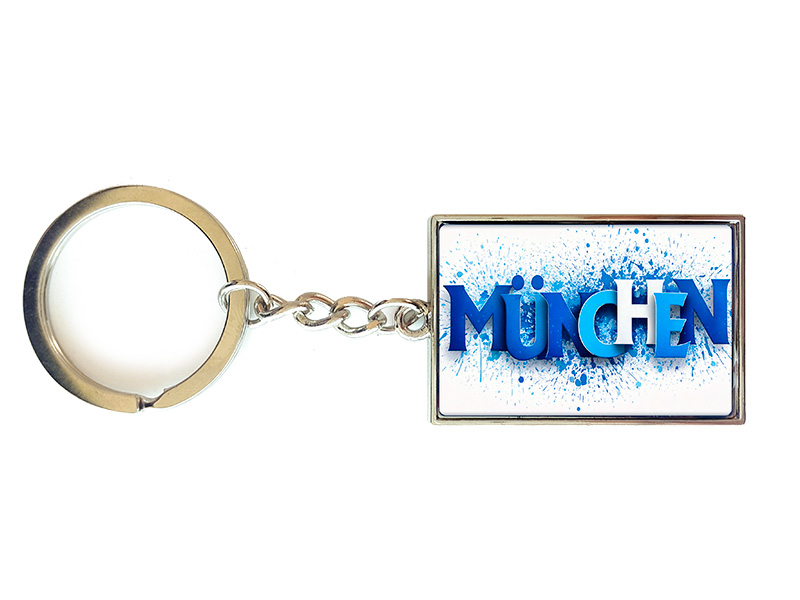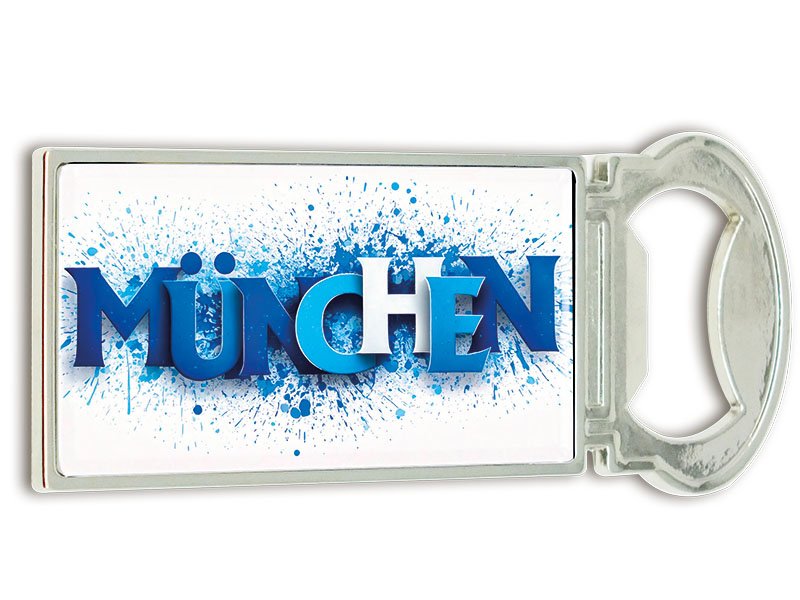- Vehicles
- Figures
- Witches
- Carnival
- Canvas
- Magnets
- Materials
- Maritime
- Hats
- New products
- Personalize
- Plush
- Dolls
- Collectible figures
- Keychain
- Special production
- %Special offers%
- Money boxes
-
Cities - Regions
- Bad Säckingen
- Bamberg
- Bayerischer Wald
- Berchtesgaden
- Berlin
- Bodensee
- Bremen
- Brocken
- Chiemsee
- Cochem
- Dinkelsbühl
- Dresden
- Eibsee
- Frankfurt
- Freiburg
- Gardasee
- Garmisch-Partenkirchen
- Hamburg
- Harz
- Heidelberg
- Helgoland
- Insel Mainau
- Kleinwalsertal
- Koblenz
- Köln
- Königssee
- Leipzig
- Lübeck
- Mecklenburgische Seenplatte
-
München
- Nürnberg
- Oberammergau
- Oberstdorf
- Rügen
- Wernigerode
- Quedlinburg
- Sylt
- Schwarzwald
- Titisee
- Passau
- Regensburg
- Rothenburg
- Traunsee
- Triberg
- Stuttgart
- Ulm
- Potsdam
- Bags/Backpacks
- Mugs
- Textile
- Animal
- Subjects
More information? sign in.
More information? sign in.
More information? sign in.
More information? sign in.
More information? sign in.
More information? sign in.
More information? sign in.
More information? sign in.
More information? sign in.
More information? sign in.
More information? sign in.
Cosmopolitan city with heart
Munich, the capital of Bavaria, is one of Germany’s most vibrant and historically rich cities. Known for its beautiful architecture, world-famous festivals, and strong economy, Munich is a major cultural and business hub in Europe. With a population of approximately 1.6 million residents, it is the third-largest city in Germany after Berlin and Hamburg. Each year, millions of tourists visit Munich to explore its historic sites, indulge in its culinary delights, and experience the city’s unique blend of tradition and modernity.
History and Origins
Munich’s history dates back to the 12th century. It was officially founded in 1158 by Henry the Lion, Duke of Saxony and Bavaria, after he granted monks the right to establish a market near a bridge over the Isar River. The city quickly grew into an important trade and cultural center. In 1255, it became the capital of Bavaria, and by the 19th century, it was a prominent European city known for its art, science, and industry. Munich played a significant role in German history, particularly during the Nazi era and World War II. Much of the city was destroyed during the war, but it was meticulously rebuilt in the following decades. Today, Munich is a symbol of resilience and prosperity.
Geographical Location and Climate
Munich is located in southern Germany, in the federal state of Bavaria. The city lies along the Isar River and is about 50 km north of the Bavarian Alps. Its geographical location makes it a gateway to some of the most scenic landscapes in Germany, including lakes, mountains, and forests. The city experiences a continental climate with cold winters and warm summers. Snowfall is common in winter, making Munich a great destination for winter sports enthusiasts. Summers, on the other hand, are pleasant with temperatures averaging around 25°C (77°F), making it an ideal time for outdoor activities and festivals.
Population and Tourism
Munich has a population of around 1.6 million residents, and the metropolitan area is home to over 6 million people. The city is known for its high standard of living, excellent infrastructure, and strong economy. Munich is one of the most visited cities in Germany, attracting over 15 million tourists annually. Many visitors come for the famous Oktoberfest, a beer festival held every autumn, which alone attracts around 6 million people each year. Other attractions such as the Marienplatz, the English Garden, and the Nymphenburg Palace also draw significant crowds.
Major Attractions
Munich boasts a plethora of historical and modern attractions that make it a must-visit city.
Marienplatz: The heart of Munich, where visitors can admire the Neues Rathaus (New Town Hall) with its famous Glockenspiel show.
Nymphenburg Palace: A stunning Baroque palace that was once the summer residence of Bavarian royalty.
Englischer Garten: One of the largest urban parks in the world, offering beautiful landscapes, beer gardens, and even a surfing spot on the Eisbach River.
Deutsches Museum: One of the world’s largest science and technology museums.
BMW Welt and Museum: A must-visit for automobile enthusiasts showcasing the history and innovation of BMW.
Olympiapark: Built for the 1972 Olympics, this park offers spectacular views of the city from the Olympic Tower.
Allianz Arena: The iconic stadium home to FC Bayern Munich.
Hofbräuhaus: One of the world’s most famous beer halls with a history dating back to 1589.
Famous People from Munich
Many prominent figures have been born in or have lived in Munich. Some notable names include:
Ludwig II of Bavaria: The “Fairy Tale King” who built Neuschwanstein Castle.
Thomas Mann: Nobel Prize-winning author.
Werner Herzog: Renowned filmmaker.
Rudolf Diesel: Inventor of the diesel engine.
Franz Beckenbauer: Legendary football player and coach.
Michael Schumacher: Formula 1 champion, who lived in Munich for part of his career.
Karl Lagerfeld: The famous fashion designer had strong ties to Munich.
Traditional Bavarian Cuisine
Munich is famous for its hearty Bavarian cuisine, which includes a variety of meat dishes, pretzels, and, of course, beer. Some must-try foods include:
Weißwurst: A traditional Bavarian white sausage, usually served with sweet mustard and a pretzel.
Pretzels (Brezn): A staple of Bavarian cuisine, often enjoyed with beer.
Schweinshaxe: A crispy roasted pork knuckle, typically served with sauerkraut or potato dumplings.
Obatzda: A delicious cheese spread made with Camembert, butter, and spices, usually enjoyed with bread.
Kaiserschmarrn: A fluffy shredded pancake, often served with applesauce or plum compote.
Leberkäse: A type of meatloaf that is usually served in a bread roll with mustard.
Munich is also the beer capital of Germany. Some of the most famous local beers include Augustiner, Paulaner, Hofbräu, and Löwenbräu. The city’s beer gardens and beer halls are iconic, with the Hofbräuhaus being the most famous among them.
Popular Souvenirs
If you are visiting Munich, there are plenty of unique souvenirs to bring back home. Some of the most popular ones include:
Bavarian Beer Steins: Traditional German beer mugs, often decorated with intricate designs.
Dirndl and Lederhosen: Traditional Bavarian clothing that makes a perfect gift or keepsake.
Munich-themed Christmas Ornaments: Beautifully crafted ornaments featuring Bavarian symbols.
Bavarian Mustard and Pretzels: Authentic food souvenirs that capture the taste of Bavaria.
Cuckoo Clocks: Although more associated with the Black Forest, many shops in Munich sell these traditional German clocks.
FC Bayern Munich Merchandise: Perfect for football fans who want to support one of Europe’s most successful clubs.
Conclusion
Munich is a city that perfectly blends history, culture, and modernity. From its medieval roots to its status as a global city, Munich offers something for everyone. Whether you’re exploring its historic landmarks, enjoying a beer at a traditional beer garden, or indulging in Bavarian delicacies, the city leaves a lasting impression on all who visit. Its high quality of life, strong economy, and welcoming atmosphere make it not only a great place to visit but also a fantastic place to live. With its stunning scenery, vibrant festivals, and rich history, Munich truly stands out as one of the most fascinating cities in the world.

